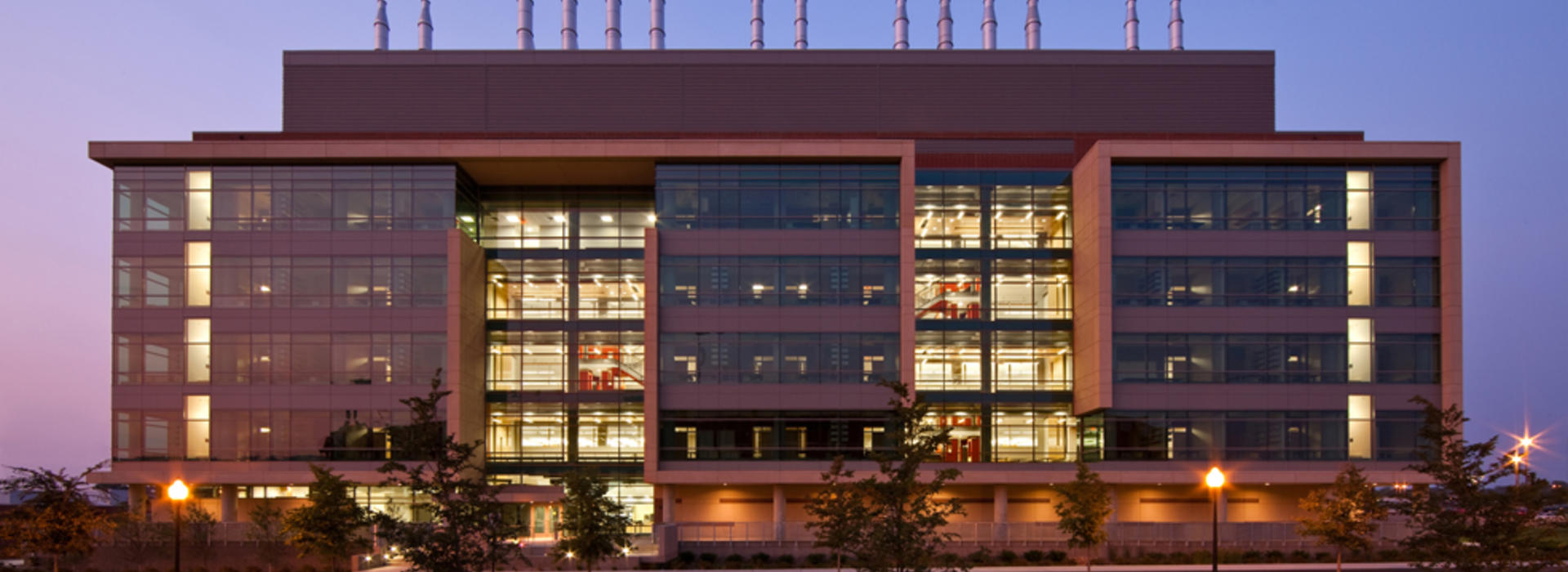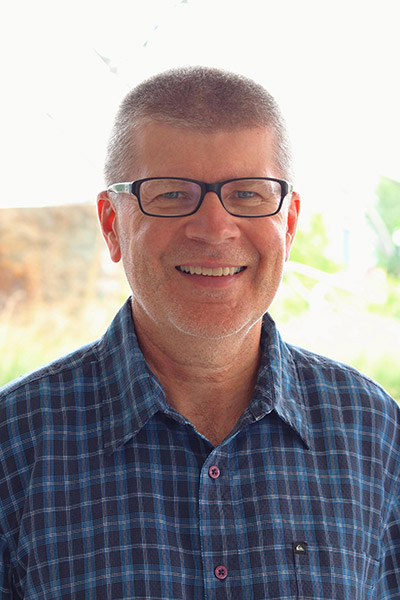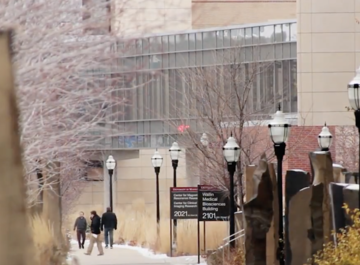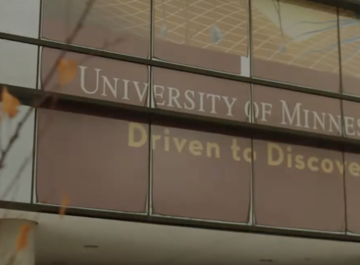
Bio Discovery District: A place where world class research comes together
The Center for Immunology is an interdisciplinary unit at the University of Minnesota Medical School devoted to advancing the field of immunology and educating future immunologists.
Our Mission
To coordinate and promote efforts in basic immunology research, education, and clinical applications at the University of Minnesota.
The University of Minnesota has a rich tradition of research accomplishments in immunology. Pioneering work in the development of the immune system and tumor immunology/ immunodeficiency was led by Dr. Robert Good and his colleagues in the 1960s and early 1970s. During this same time period, internationally recognized programs in major organ and bone marrow transplantation were developed at Minnesota.
Recent initiatives have included the:
- recruitment of numerous immunologists to the University of Minnesota over the past ten years
- establishment of the graduate program in microbiology, immunology, and cancer biology in 1995
- coordination of immunology research activities through the University of Minnesota Medical School by the formation of the Center for Immunology.
Graduate Education
Immunologists also play critical leadership roles in graduate education, including supervision of NIH-funded training grants in immunology and cancer biology at Minnesota.
World-Class Research Facilities
Located in the Wallin Medical Biosciences Building, we are part of the University's Biomedical Discovery District with extensive links to other laboratories.
At Minnesota, a collegial community of internationally recognized scholars utilizes state-of-the-art technologies in genetics, cell biology, and biochemistry to investigate the mechanisms by the which the immune system fights off disease.
These technologies include:
- generation and analysis of knockout and transgenic strains of mice
- DNA microarrays to analyze changes in gene expression during immune responses
- confocal and two-photon excitation microscopy to image immune cell-cell interactions in vitro and in vivo
- multi-color flow cytometry
- and more research equipment and services.
Research Activities
The broad range of research activities in the immunology program reflects the interdisciplinary nature of immunological research in the 21st century and provides a rich array of research and career opportunities for talented, motivated students. Specific studies range from investigations of immune responses to specific pathogens to clinical studies related to the development and utilization of anti-cancer immunotherapies.
A Collaborative Environment
- Students interested in obtaining a Ph.D. in immunology will find a stimulating and collegial environment at the Center for Immunology fostered by faculty members with a commitment to providing outstanding training for graduate students.
- Numerous meetings and seminars enhance our research activities.
- Laboratories are clustered together in state-of-the-art research buildings in order to foster interactions and intellectual stimulation.
Why Minnesota?
Considering whether to study or work at the University of Minnesota? Learn more about living in MInnesota.
Director, Center for Immunology

Marc Jenkins, PhD
Regents Professor and
Distinguished McKnight University Professor
CFI and AAI
The University of Minnesota and AAI have a long history together. On June 19, 1913, a group of physician-scientists gathered on campus to form The American Association of Immunologists (AAI), a society devoted to the advancement of immunology. Over the past century, AAI has continued to accomplish the goals set forth by its founders "to promote by its concerted efforts scientific research." Today, AAI has over 8,000 scientists as members in 71 countries, including CFI faculty. The director of the Center for Immunology, Marc Jenkins, was the 2013-2014 AAI president. AAI holds an annual meeting that brings together world leaders in Immunology.


